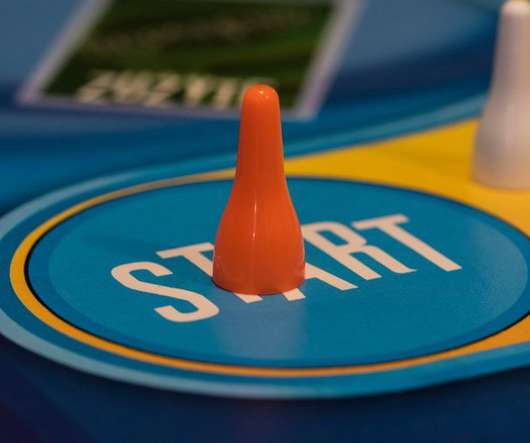Social Networks
Clark Quinn
OCTOBER 4, 2008
This week we looked at Social Networks. Here are some thoughts on this topic, especially thoughts around social networks for learning. Starting with Social Networking was a blessing and a curse. Social networks have a tendency to be a bit messy. As a student we learn how to ignore the chatter.




























Let's personalize your content